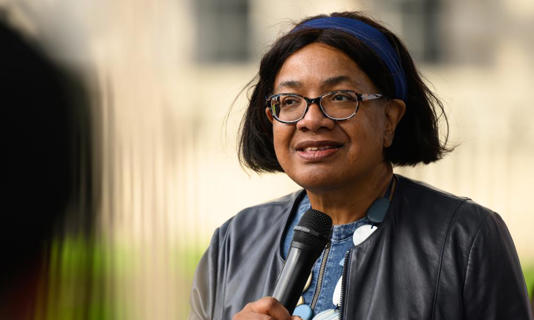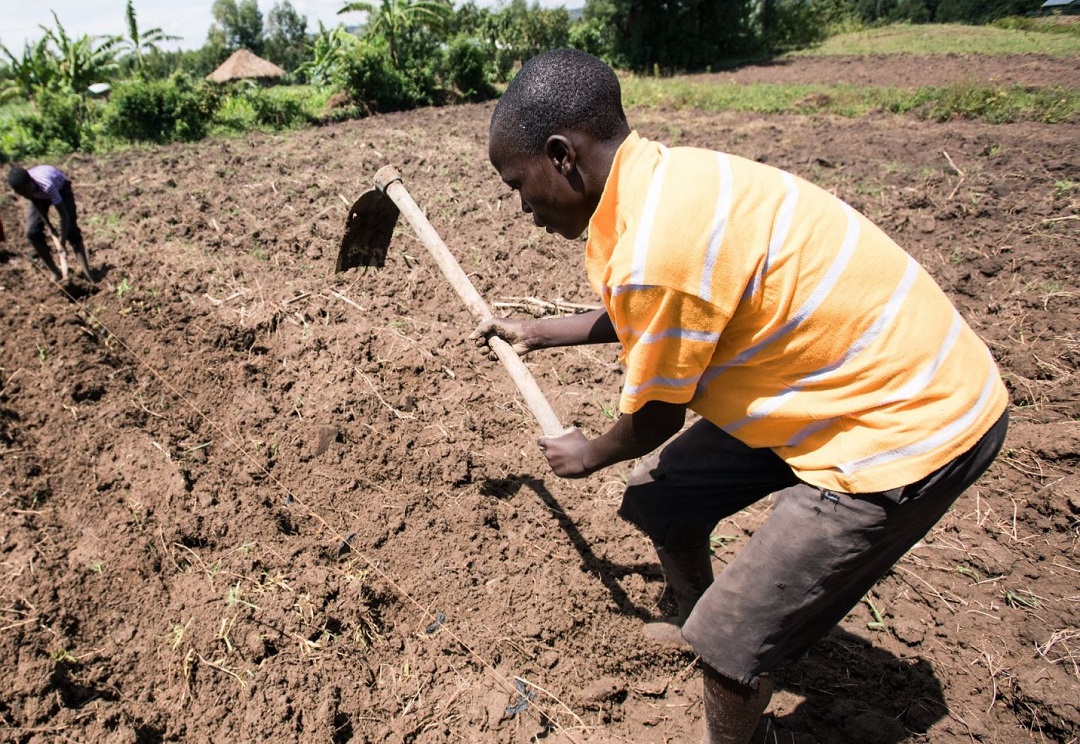- Details
- Julius Mbaluto
- East Africa
- 356
Diane Abbott has accused Labour of leading a “fraudulent” investigation into her comments about racism that left her suspended from the party.
Abbott, who became the UK’s first black female MP in 1987, has claimed the party’s whips office is no longer conducting a formal investigation. Instead, she claims the internal inquiry is “now run entirely out of the Labour party HQ, which reports to Keir Starmer – and there is no investigation”.
Her comments may raise eyebrows within the party, given some frontbenchers claim to have urged officials to allow the senior MP to be given a “respectful sendoff”. Others have said Abbott should consider stepping down.
Abbott said: “I am the longest-serving black MP. Yet there is widespread sentiment that as a black woman and someone on the left of the party, that I will not get a fair hearing from this Labour leadership.”
A number of senior Labour figures on the right of the party have privately expressed their sadness over Abbott’s suspension, acknowledging the glass ceilings she has broken, but they feel unable to publicly defend her record.
The 69-year-old MP had the Labour whip withdrawn in April after she suggested that Jewish, Irish and Traveller people were not subject to racism “all their lives”, in a letter to the Observer.
Abbott says she has remained silent over the issue during the investigation, which has now gone into its fifth month, as she had hoped that “some sense of decency and recognition of the tenets of natural justice might prevail”. But she said in a lengthy statement on X, formerly known as Twitter, that “the Labour party disciplinary machine has clearly shown that it has little interest in either”.
The former shadow minister claims Labour’s London regional office had closed down the executive committee in her constituency party and replaced its principal officers. “In effect, the Labour apparatus has decapitated the elected leadership of the constituency party to install its own, hand-picked personnel and replace me as the candidate prior to the next election,” she said.
“This is what some have clearly wanted all along. Taken together, the procedural impropriety, Starmer’s pronouncement of my guilt, the four-month delay in the investigation, the repeated refusal to try to reach any accommodation, all point in the direction that the verdict has already been reached. The crushing of democracy in my local Labour party is the latest confirmation.”
Labour swiftly suspended Abbott in April after the letter had swiftly circulated on X, prompting a huge backlash from senior Conservatives and faith groups. The longtime MP had already “wholly and unreservedly” apologised, withdrawn her written remarks and said she “wished to dissociate” herself from them, suggesting “errors arose” in what she described was an initial draft letter to the newspaper.
But justifying the party’s quick action in suspending her, Starmer said the party would never “accept the argument that there’s some sort of hierarchy of racism”.
The day after Abbott’s suspension, Starmer said during a visit to a community project in Camberwell, south London: “In my view what she said was to be condemned, it was antisemitic. Diane Abbott has suffered a lot of racial abuse over many, many years … that doesn’t take away from the fact that I condemn the words she used and we must never accept the argument that there’s some sort of hierarchy of racism. I will never accept that, the Labour party will never accept that, and that’s why we acted as swiftly as we did yesterday.”
In a rare move, Jeremy Corbyn has publicly defended his long-term ally. “The treatment of Diane Abbott – Britain’s first female Black MP – is a disgrace,” he said on X. “The latest stitch-up represents yet another flagrant attack on local democracy. A lifelong anti-racist campaigner, Diane deserves so much better. So do party members being treated with contempt.”
Abbott also cited the Forde report, which found that some of the attitudes expressed towards Abbott and other BAME MPs in private WhatsApp messages among staffers hostile to Jeremy Corbyn represented “overt and underlying racism and sexism”.
The Labour party has been asked for comment. Story by Aletha Adu Political correspondent, Guardian











